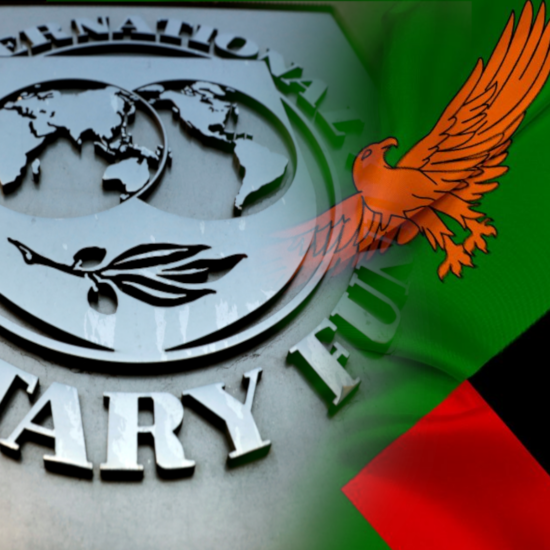
The Zambian Government has continued with the policy of waiving tax on imported fuel and foregoing millions in tax revenues into the 2022 budget cycle, a policy that was initially implemented last year.
Government had last year 2021 resorted to waiving both excise and customs duty in what was largely seen as an attempt to avoid a fuel price hike as the country was heading for polls in August 2021. The price hike was indeed averted but the lost revenues are now set to continue to at least mid 2022.
However, the Zambian government seems to have continued with the policy of waiving these taxes and have simply extended the suspension of customs and excise duty on the importation of petroleum products, which include petrol, diesel, kerosene and liquefied petroleum gas effective 16 January 2022 for another six (6) months.
According to information seen by the Zambian Business Times – ZBT, Finance Minister Dr. Situmbeko Musokotwane has authorized for the customs duty for petrol, diesel, kerosene and liquefied petroleum imported into Zambia to remain suspended until 30 June 2022.
In line with the Statutory Instrument (SI) No.3 of 2022, effective customs duty rate for petrol, diesel, kerosene and liquefied petroleum gas has been zero rates or simply removed. The total quantities of the petroleum products suspended include 734,860 m3 for diesel, 329, 420 m3 for petrol, 5,000 m3 for kerosene and 5, 000kg for liquefied petroleum gas.
Fuel prices were recently increased which has resulted in further increases in bus and taxi fares. The recent fuel price increase has generally led to increase in prices for fuel dependent products, increased cost of productions as well as dampening of demand for less essential goods due to reduced consumer spending power.
The current Government leaders as well as prior successive governments has been challenged by various energy experts to actualize the procurement of oil from neighboring Angola through a pipeline to realistically cut out middlemen and the huge logistical/shipping cost to realize true value from this sector.
Moreover, a medium to long term drive to adopt bio-fuel as a key fuel blend which would cut down on huge fossil fuel imports and dollar outflows as these bio-crops have been proved that they can be grown locally. Biofuel is seen as a more strategic and economically beneficial approach which would also benefit and expand the local Agro sector.







